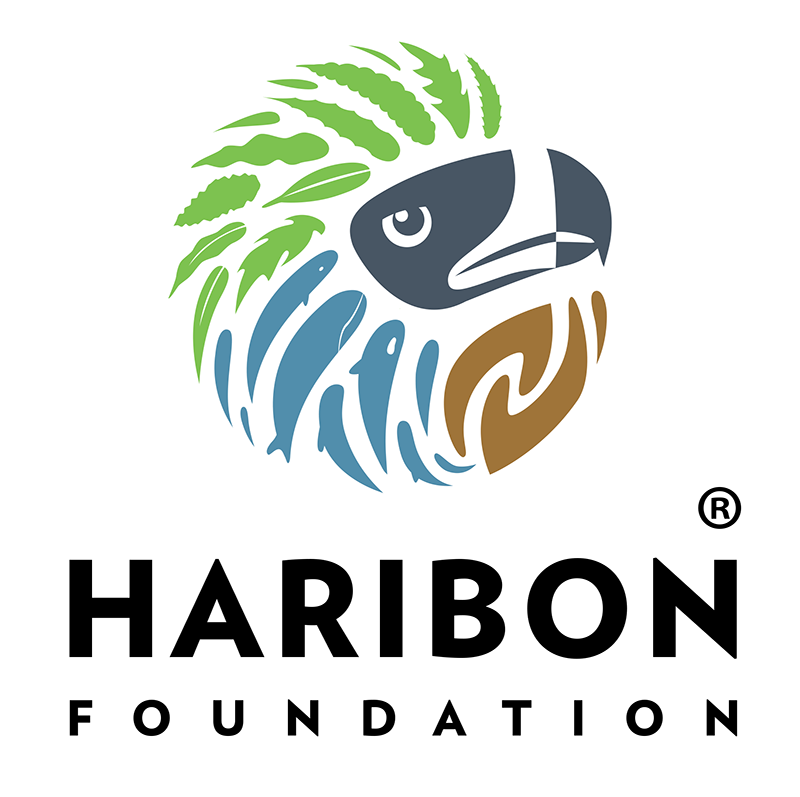On the eastern shore of Luzon, facing the Pacific Ocean, lies the first-class municipality of Real, Quezon. Among its 17 barangays is Brgy. Cawayan, a village rich in natural resources thanks to its location. The luscious forest area and a vast coastline teeming with marine life have made farming and fishing the main livelihood activities in this area.
Despite its wealth of resources, the village suffers from strong typhoons that visit regularly, threatening its livelihood and way of life. To cope with these natural calamities, some farmers and fisherfolks have adjusted planting schedules and diversified into animal raising, product trading, and gardening.
Their admirable resilience helped them survive for years, but the community recognized that there should be other multiple sources of income to improve their lives. In particular, the women of Brgy. Cawayan actively organized themselves, creating an organization that aims to empower them, build livelihood, and protect the environment. With these objectives, the KALIPI Cawayan was born.
KALIPI Cawayan: Developing the enterprises through partnerships
The Kalipunan ng Liping Pilipina of Barangay Cawayan is a women-led organization registered as a Rural Workers Organization with the Department of Labor and Employment in April 2021.
As a chapter of the larger KALIPI Real Federation, KALIPI Cawayan undertakes different community-led activities involving women’s participation in livelihood, environmental conservation, and awareness. It has strong support from the local government of Real, particularly the Municipal Social Welfare and Development Office (MSWDO).

photo from the CaReal Tea Facebook page
As a recognized biodiversity-friendly social enterprise, KALIPI Cawayan engages in environment-friendly business. Their CaReal Tea: Lemon Grass (Salay) Production and Processing employs 25 members while generating income for their active members and other organizational activities. CaReal stands for Ca, which is the first syllable of Cawayan, and Real, where the village resides.
Lemongrass, more commonly known as tanglad, is a type of grass grown in tropical countries like the Philippines. It has anti-inflammatory and anti-microbial properties and is also a common ingredient in Filipino dishes such as tinola. Because of its abundance in their area, KALIPI Cawayan decided to process lemongrass to create their own tea.
KALIPI Cawayan’s enterprise would not be successful without the support of the local government and other development groups. While Real LGU pitched in financial support in planting the lemongrass, through the Haribon Foundation under its Women Go project, the KALIPI was able to secure P50,000 seed fund through a memorandum of agreement on January 2023.

photo from the CaReal Tea Facebook page
But what gives the KALIPI Cawayan the edge in strengthening its organization and helping their members is its partnership with MSWDO Real. The partnership was forged through the Women Go project which aspires to increase the influence of rural women in Protected Area governance and empower them in natural resource management. Haribon has been coordinating with the local governments of Real, Infanta, and General Nakar to support women-led enterprises. These dynamics eventually led to the MSWDO - KALIPI Cawayan partnership.
The local agency was pivotal in providing technical and logistical support and equipment to CaReal Tea processing and production. Both groups conducted environmental conservation efforts such as clean-up drives and awareness campaigns. KALIPI Cawayan is also involved in MSWDO-led programs and activities, particularly during awareness campaigns and Women’s Month celebrations.
The collaboration strengthened both the organizations’ thrust in achieving their shared goals. KALIPI Cawayan has emerged as an essential stakeholder in achieving government objectives. MSWDO, meanwhile, can mobilize its resources and the community freely, knowing KALIPI Cawayan as its partner.
Since its founding in 2021, KALIPI Cawayan has made strides in its quest for better lives for its members. Their CaReal tea is profiting: more than Php 28,000 in net profits are used to pay for their workers, subsidies for their active members, organizational fund, and environmental conservation efforts. They are also looking to venture into blueberry planting and production for additional income sources.
To help the environment, the organization conducts clean-up drives in its barangay and Cawayan Falls. It also cleans up coastal areas on Baluti Island and Kiloron.
Haribon and MSWDO see a lot of potential for KALIPI Cawayan to scale up as an organization and an enterprise. It has a strong commitment to development and is led by passionate women willing to do great work in making positive changes in their communities.
The complete PDF version of this article can be downloaded here:
